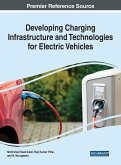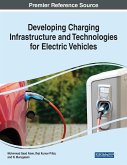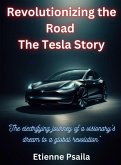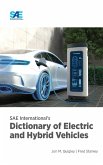Electric vehicles promised a clean break from gasoline-but they also brought with them new anxieties about charging times, battery degradation, and long-distance travel. In China, one company dared to answer those doubts not with bigger batteries or faster chargers, but with a different idea altogether: swap the battery, don't stop the journey. Battery Swappers & Range Anxiety: The NIO Experiment traces the extraordinary rise of NIO and its audacious bet on battery swapping as infrastructure. From its precarious beginnings and financial lifelines to building thousands of robotic swap stations and launching the Battery-as-a-Service subscription model, the book offers the first complete narrative of how NIO reframed energy delivery as a service. Drawing on milestones in technology, policy, and industry collaboration, it documents how NIO aligned with utilities, fuel retailers, and real estate giants to create a network now counted in the thousands. It assesses battery chemistries, vehicle compatibility, grid integration, and environmental impacts with the rigor of fact-based history and the flow of a continuous narrative. This is more than the story of one automaker. It is a case study in how infrastructure, finance, and policy intersect to redefine what mobility and energy can mean in the 21st century.
Bitte wählen Sie Ihr Anliegen aus.
Rechnungen
Retourenschein anfordern
Bestellstatus
Storno








